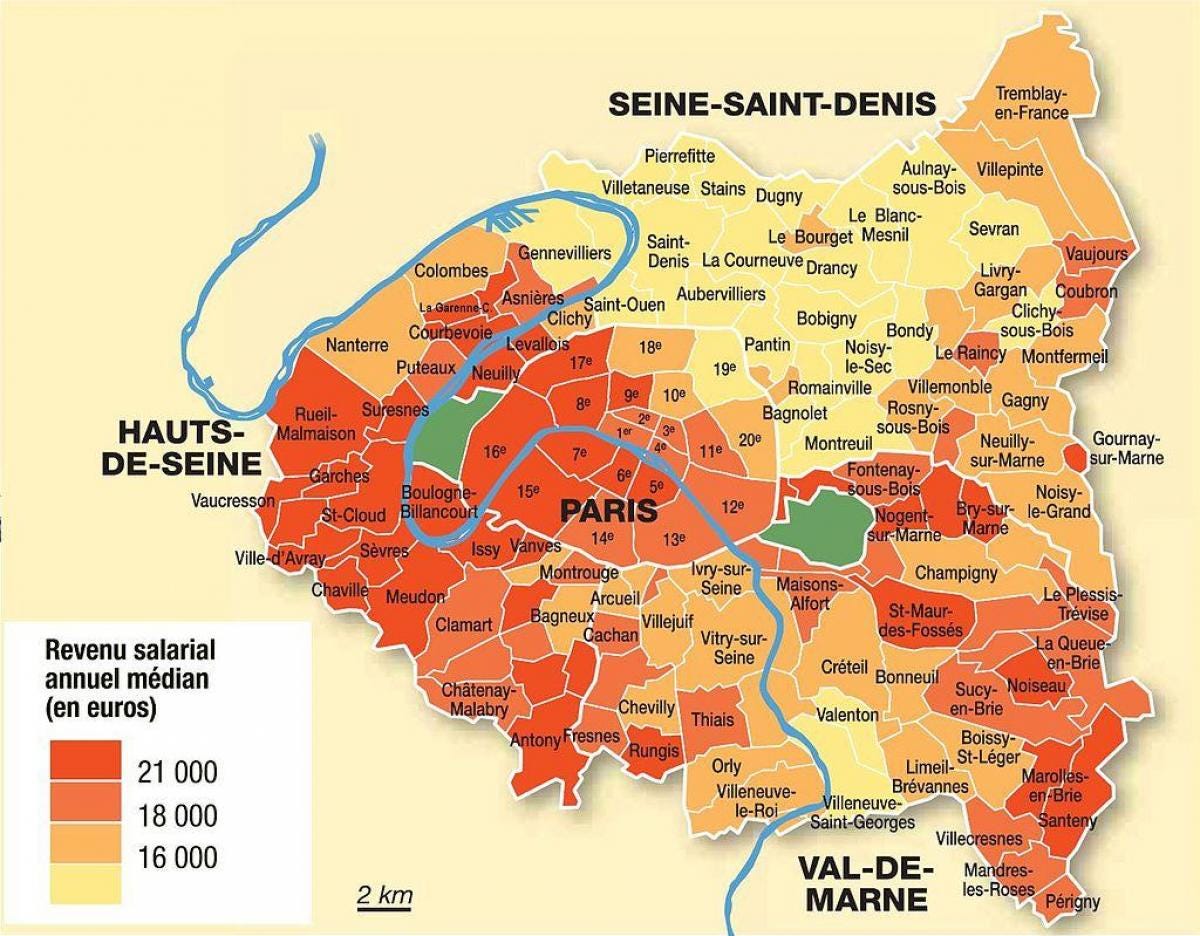Suprême NTM - "Laisse pas traîner ton fils" (1998): A Pillar of French Rap
How Suprême NTM’s 1998 Anthem Shaped a Generation and Defined French Hip-Hop’s Social Conscience
Suprême NTM
Before Suprême NTM, there was no French rap group with quite the same aggressive, socially conscious style. Early French hip-hop was heavily influenced by American rap, but NTM brought a rawness and intensity that set them apart. They were among the first to openly criticize the French government, police, and systemic issues like racism and poverty, specifically focusing on life in the banlieues (suburbs), where many immigrant and working-class communities reside.
Laisse pas traîner ton fils ("Don’t Let Your Son Drift")
Suprême NTM's impact on French rap cannot be overstated. Their politically charged lyrics and rebellious attitude resonated with a generation of disillusioned youth in France. They helped bring French hip-hop into the mainstream, making it a voice for those who felt marginalized by society. NTM's albums, especially Paris sous les bombes (1995) and Suprême NTM (1998), paved the way for future socially conscious French rappers like IAM, Kery James, and Médine. Their uncompromising stance on police brutality, inequality, and the struggles of the working class made them cultural icons, not just in music but also in political discourse.
Their influence extended beyond music—NTM helped shape the French hip-hop scene by proving that rap could be a powerful tool for social commentary, much like Public Enemy in the U.S. While groups like IAM offered more philosophical and intellectual perspectives, NTM’s gritty, confrontational style and their emphasis on lived experience made them trailblazers in French rap, giving a voice to those often ignored or silenced.
Their 1998 self-titled album Suprême NTM marked the peak of their success, selling over 800,000 copies with iconic tracks like "Laisse pas traîner ton fils" ("Don’t Let Your Son Drift"). The group sold over 3 million records, becoming one of France's best-selling rap acts.
NTM’s sound is rooted in classic boom-bap, with punchy beats and sparse, gritty production that highlights the lyrics. Their 1998 album became a touchstone in French rap, paving the way for a new wave of socially conscious French rap artists.
The anthem Laisse pas traîner ton fils was a call for to guide young people in a challenging world and influenced other French artists like IAM, Kery James, and Médine with a focus on lyrical precision set a standard for authenticity.
Their name, Suprême NTM (short for Nique Ta Mère—meaning “F*** Your Mother”), might raise eyebrows, but it didn’t stop them from becoming a major force in French music. Sure, it's a bit in-your-face, but there's something undeniable and bold about it—and who wouldn’t want tickets to the "F*** Your Mother Comeback Tour?" Though they disbanded in 1998, their reunion concerts a decade later sold out.
While comparisons to N.W.A. are tempting because of their provocative name, the similarities largely end there. Suprême NTM’s tone and style align more with the Queensbridge sound of the 1990s, particularly Nas on Illmatic and Mobb Deep. Nas highlighted the struggles of Queensbridge, New York with a level of delivery that transcended the genre. Mobb Deep's raw energy captured the harshness of street life , while Suprême NTM tackled the parallel realities of Paris’s banlieues.




